7 tips for a happy gut
By Jessah Robinson, Adv Dip (Nut Med)
More and more we are hearing about the importance of having a healthy gut. There are around 500 different species of bacteria in the intestines and new species are continually being discovered. The types and amounts of bacteria in your intestines have a profound effect on your health. Good bacteria are anti-inflammatory, whereas bad bacteria secrete highly inflammatory substances into the gut. Having high levels of bad gut bacteria (dysbiosis) puts a huge strain on your immune system, increasing the amount of inflammation and tissue destruction occurring in the body. Henceforth, here are 7 tips for keeping a healthy and happy gut:

1. Increase water intake
One of the easiest, important and often overlooked ways to improve bowel function is to drink more water. If you are dehydrated your bowel contents harden and stagnate, this can lead to overgrowth of bad bacteria as well as inflammation of the bowel lining. Ideally, people should be consuming 2 to 3L of water a day to allow for healthy and prompt passing of stools.
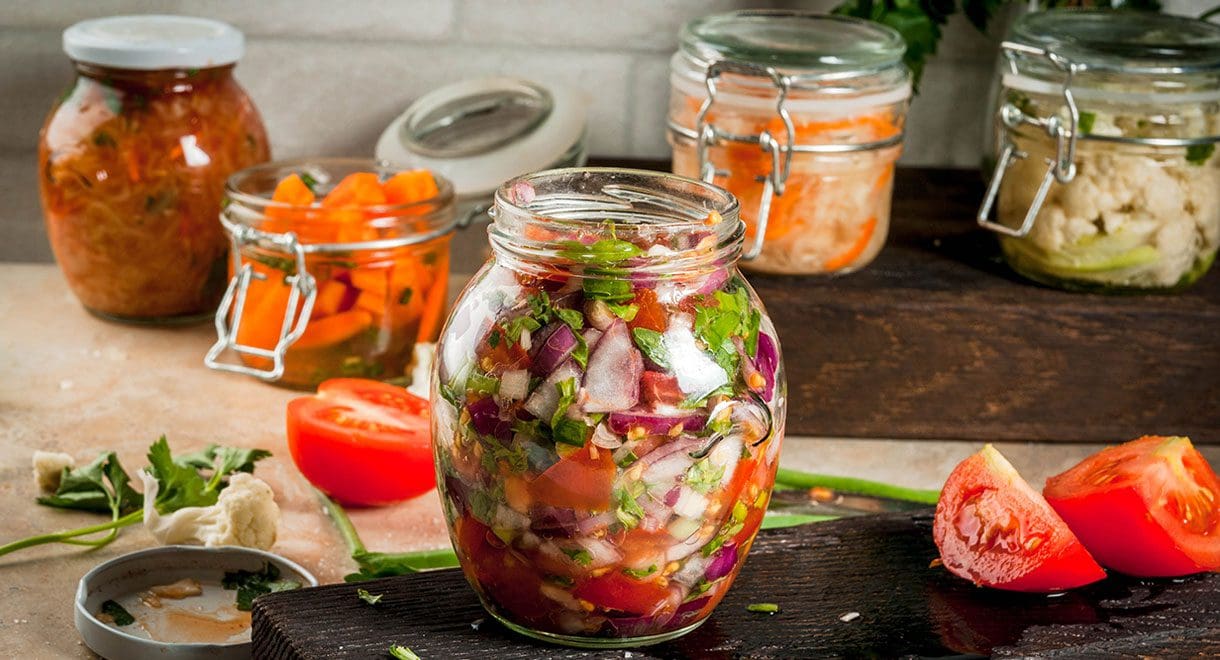
2. Get into fermented foods
Fermented foods are an effective way to use food to increase the quantity and diversity of beneficial bacteria that inhabit our digestive system. Examples of fermented foods include kimchi, sauerkraut, miso, kombucha and yoghurt. Fermented foods contain probiotics, and the word probiotic literally means ‘to promote life’. These types of foods can be easily added into your everyday routine and offer enormous digestive and immune benefits.

3. Chew your food properly
In this day and age, it’s very common for meals to be consumed in a rush at your desk, on the run or in the middle of doing other tasks. Eating meals in this way often causes food to not be broken down properly which can result in indigestion, bloating or burping after meals. If you allow sufficient time to eat, in a relaxed and positive atmosphere, the digestive enzymes in your mouth will be able to mix well with your food for proper nutrient absorption and digestion.
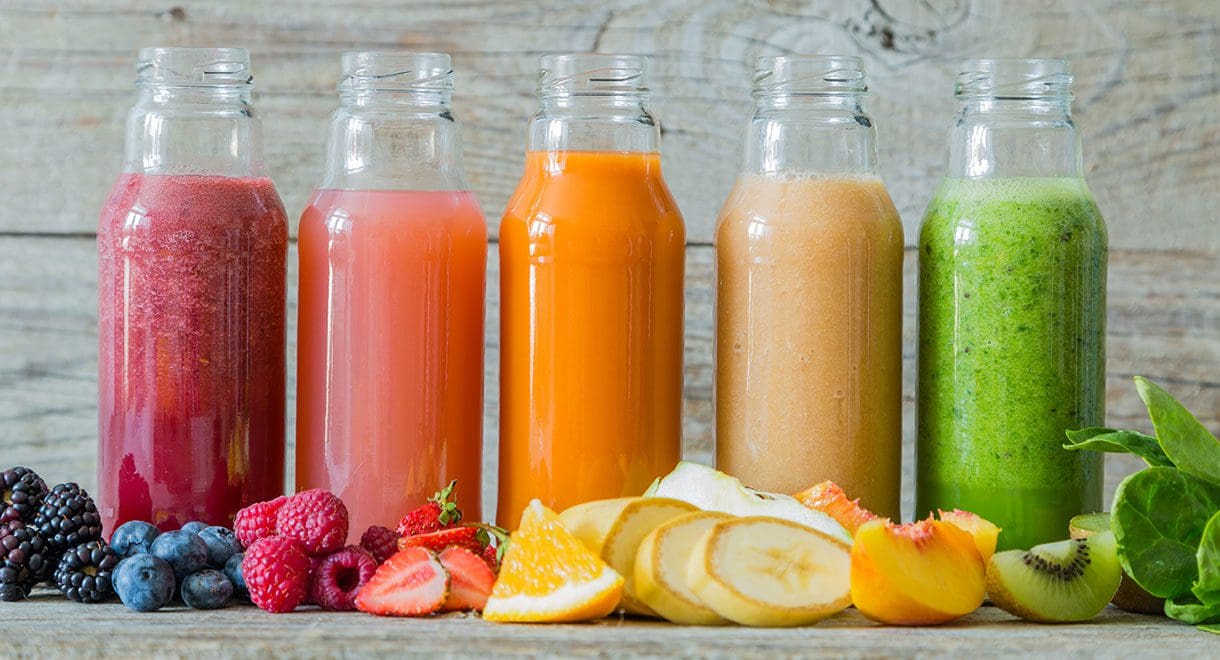
4. Try raw juicing
Raw foods contain active enzymes, natural antibiotics and active vitamins that improve digestion, fight unfriendly microorganisms and reduce inflammation of the bowel wall. And what better way to get your daily quota than raw juicing? Juices are packed with living enzymes to assist the digestive process, which means your gut, liver and pancreas do not have to work very hard to provide you with vital nutrients. Juices are unique because they allow the gut to receive very concentrated amounts of phytonutrients that could not be obtained by eating a normal amount of raw vegetables and fruits. For more information, see Dr Cabot’s book ‘Raw Juices Can Save Your Life’.

5. Minimise stress
The gut-brain connection is very real, have you ever noticed when you’re stressed that you get diarrhoea or constipation? Prolonged stress can impact your digestive system, by secreting cortisol which activates the ‘fight or flight’ response. This brings about decreased blood flow to your digestive muscles resulting in gastrointestinal inflammation, constipation or diarrhoea. It is essential to find ways to minimise stress such as getting outside in nature, taking up yoga, meditating, reading a favourite book, or simply catching up with a friend or family member over coffee. Magnesium is a powerful mineral that helps to improve the physiological response to stress and helps to promote relaxation.

6. Steer clear of refined carbohydrates and sugar
These types of foods fuel unhealthy bacteria and include cakes, biscuits, most breads, most pastas, white rice, crackers, and more. Eating high amounts of these types of foods is very detrimental to intestinal health and promotes fungal infections such as candida and SIBO (Small Intestinal Bacterial Overgrowth) as well as dysbiosis.
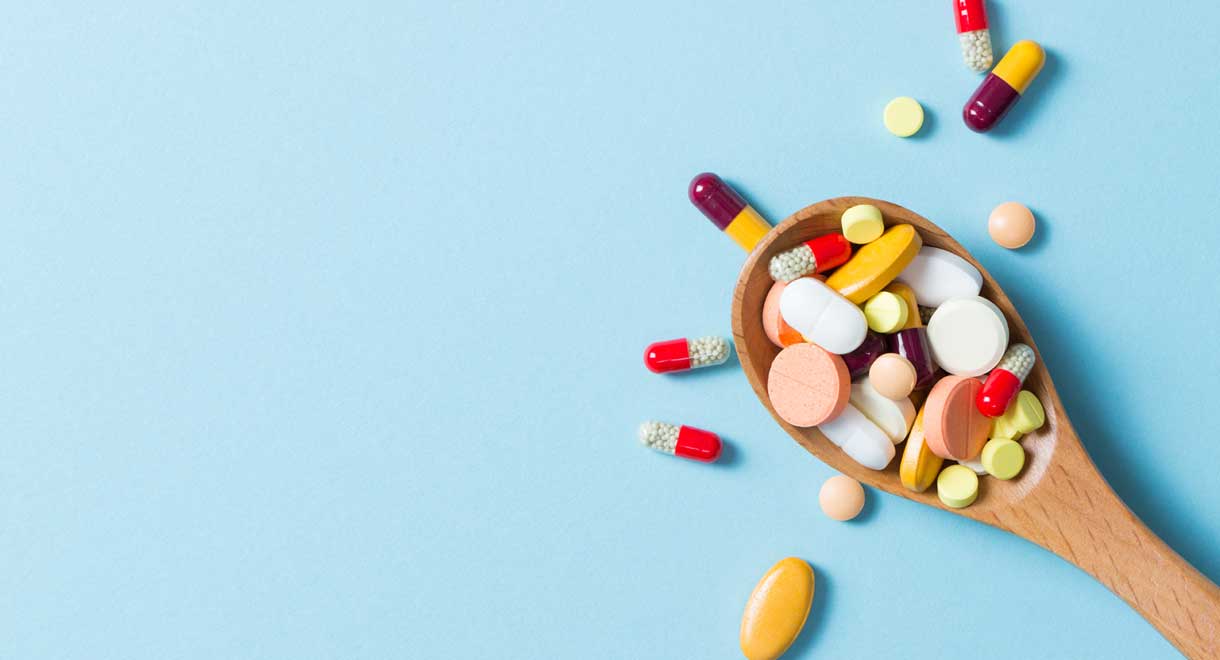
7. Try to avoid antibiotics
Antibiotics can be damaging to the intestines. This is because antibiotics kill not only the bad bacteria but the good bacteria as well, which are so essential for a healthy bowel and immune system. Antibiotic drugs can lead to an overgrowth of unfriendly opportunistic bacteria and fungi which can lead to a leaky gut. If you do take a course of antibiotics, ensure to follow with a good probiotic as it can take many months to recover from the onslaught on your gut. Dr Cabot’s book ‘Healthy Bowel, Healthy Body’ will give you the vital principles to overcome common digestive complains and obtain a healthy gut.
Dr Cabot’s Ultimate Gut Health is designed to soothe, heal and repair the gut lining, supporting better digestion and favourable and healthy gut bacteria.




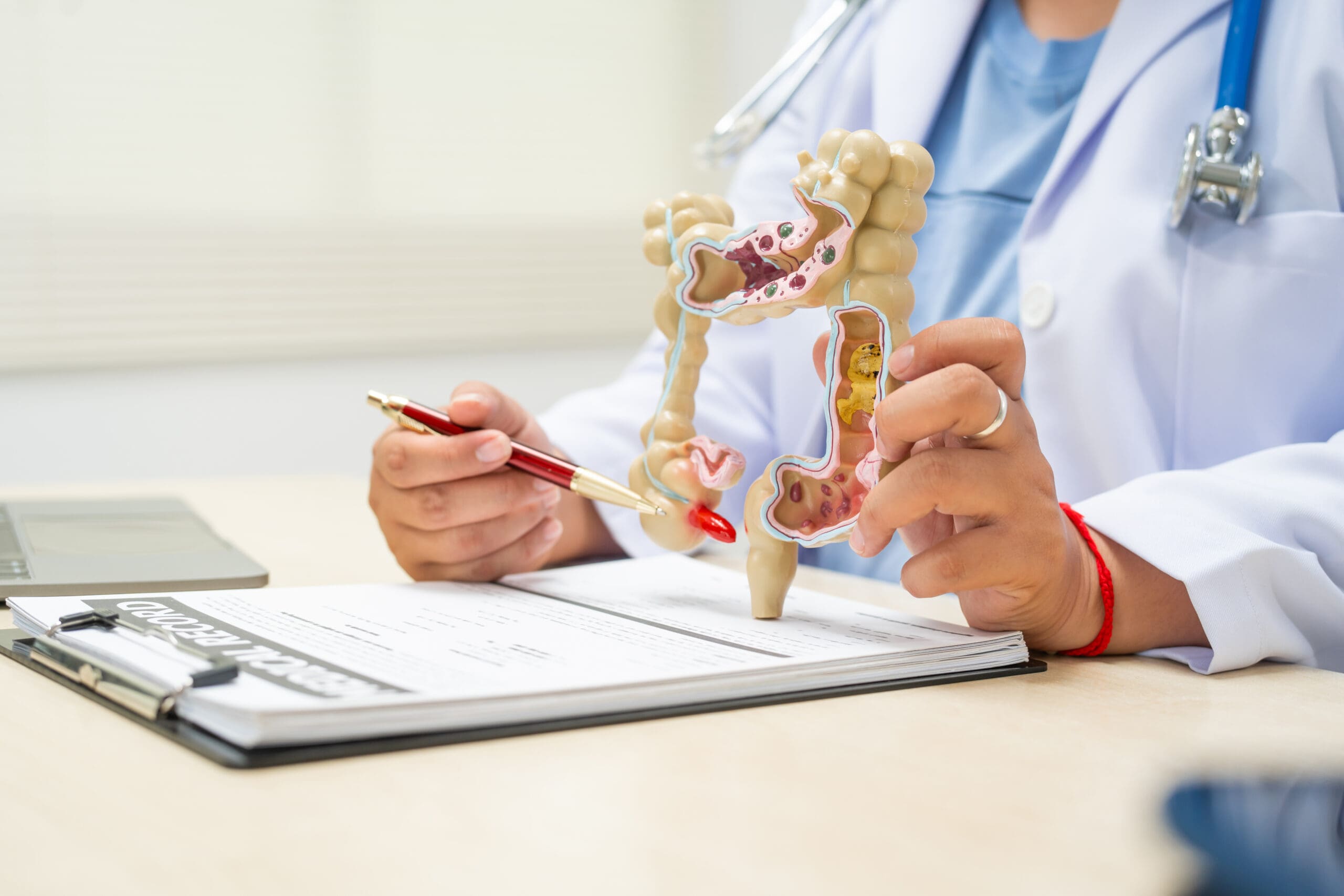
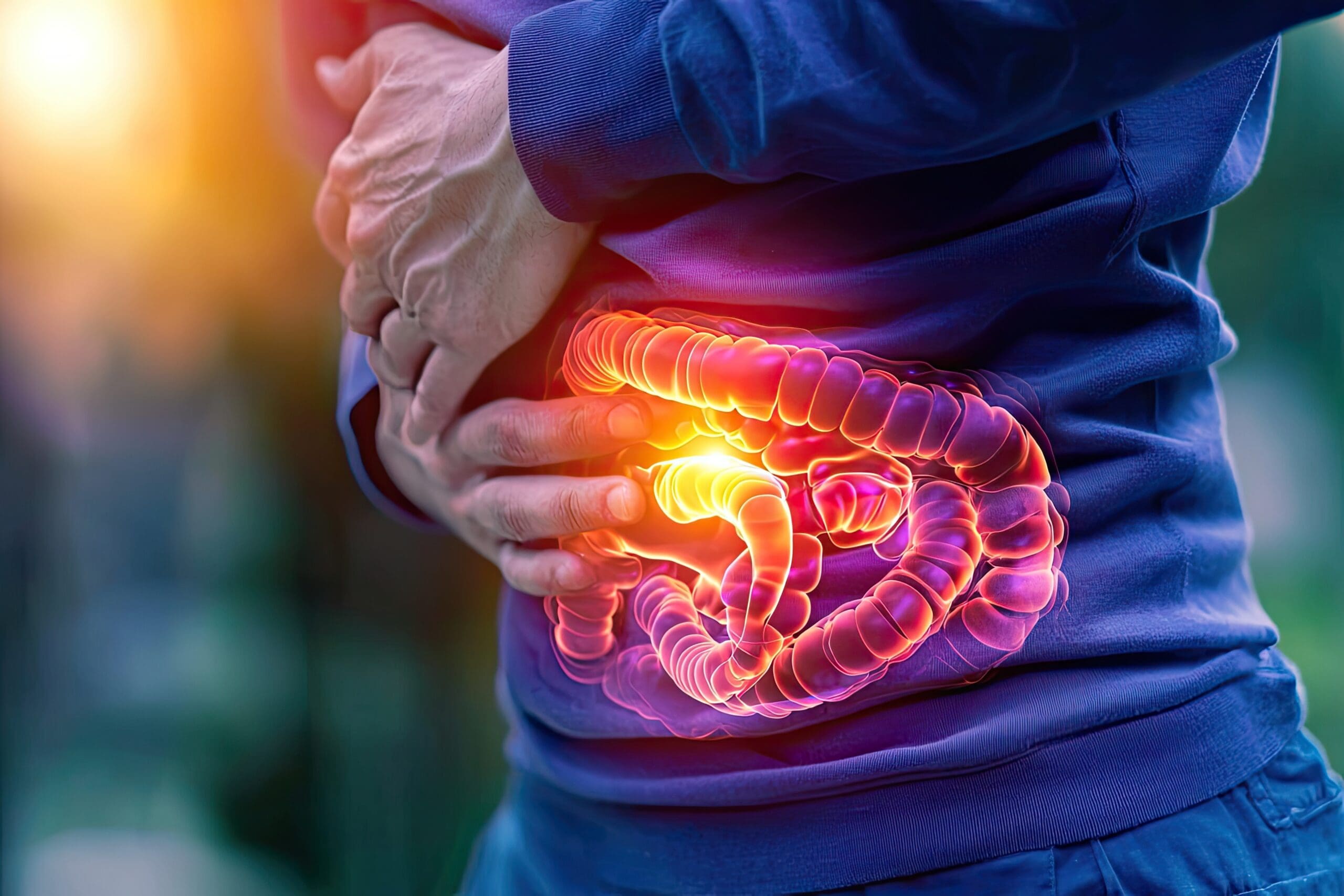



Leave A Comment